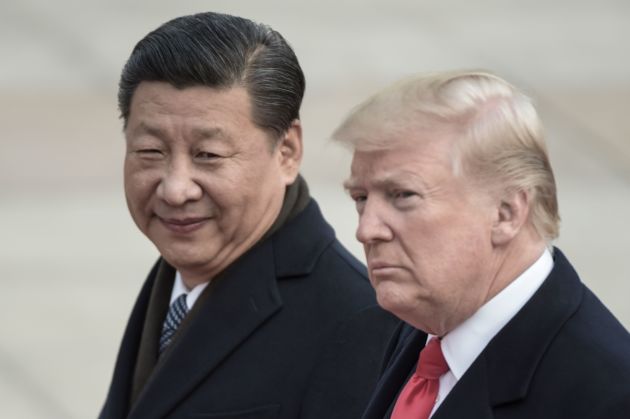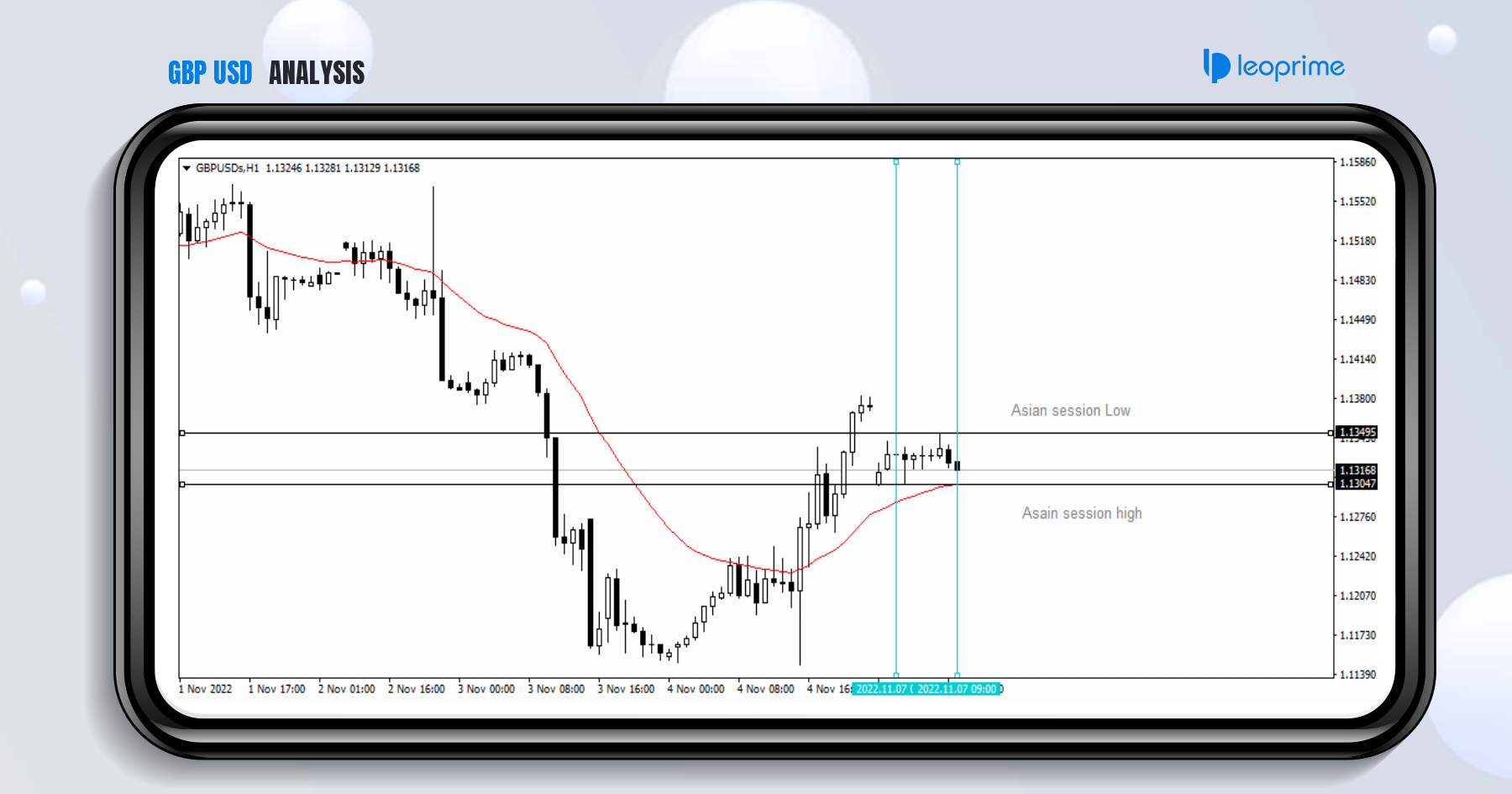
Investing.com – Here are the top five things you need to know in financial markets on Monday, May 6:
1. Trump threatens to raise tariffs on China
U.S. President Donald Trump increased pressure on China over the weekend, threatening to raise a 10% tariff on $200 billion in goods to 25% on Friday and adding that an additional $325 billion in goods could potentially be subject to tax.“The trade deal with China continues, but too slowly, as they attempt to negotiate. No!” Trump tweeted on Sunday.
The threat comes ahead of high level negotiations in Washington this week. Although The Wall Street initially reported that China was considering cancelling Vice Premier Liu He’s trip, a spokesperson from the Chinese Foreign Ministry confirmed that it was still planning to send a delegation. There was however a lack of clarity over whether the Vice Premier himself would still make the trip.
Trump has twice extended the previously announced tariff increase since reaching a trade truce with Chinese President Xi Jinping on Dec. 1 and some analysts speculated that Sunday’s threat is a tactic to increase pressure ahead of the next round of talks due to start Wednesday.
2. Dow set for 500-point slide on trade angst
Trump’s tweet ignited a risk-off move in financial markets on Monday with global equities down across the board.
The pan-European Euro Stoxx 50 slid 2.1% while China’s Shanghai Composite ended 5.6% lower. Japan’s Nikkei 225 remained closed for a holiday.U.S. futures pointed to a sharp decline at Monday’s open after ending on a high note last week thanks to a solid labor report that showed little sign of increasing inflationary pressures.
Dow futures tumbled 522 points, or 2.0% by 5:24 AM ET (9:24 GMT), while S&P 500 futures sank 55 points, 1.9%, and Nasdaq 100 futures traded down 186 points, or 2.4%.
In a session with no major U.S. economic reports, the greenback was little changed against a basket of major rival currencies. However, the Chinese yuan dropped against the dollar while the Japanese yen received safe-haven bids.
3. Oil prices tumble on trade tensions
Oil prices sank on Monday as Trump’s tweets revived fears for the global economy and oil demand.
U.S. crude oil futures fell 97 cents, or 1.6%, to $60.97 by 5:27 AM ET (9:27 GMT), while Brent oil traded down 87 cents, or 1.2%, to $69.98.
Traders fear that a full-blown trade war between the world’s two largest economies would cripple demand for oil. Prices had fallen last week after a surge in U.S. crude stockpiles, suggesting that global supplies are still abundant.
Amid ongoing sanctions against Iranian oil, the U.S. announced Sunday that it was sending an aircraft carrier strike group and bombers to the Middle East because of “troubling and escalatory indications and warnings” related to the Islamic Republic.
Such moves often lead traders to build a geopolitical risk premium into crude prices, but that appears to be outweighed by trade-related concerns today.
4. Occidental sweetens offer for Anadarko
Occidental Petroleum (NYSE:OXY) upped the cash component of its $38 billion offer to acquire Anadarko Petroleum (NYSE:APC), while removing a requirement for its own shareholders to vote on its bid.
Occidental restructured its $76 per share offer to be 78% cash and 22% stock, compared to the previous 50-50 split. Apart from making the offer more attractive to Anadarko’s shareholders by reducing the risk associated with holding Occidental stock, the move lessens the number of shares that Occidental needs to sell to fund the transaction, removing the need for shareholder approval to launch the bid.
Anadarko responded by noting that previous agreement to be acquired by Chevron (NYSE:CVX) for $33 billion was still in effect and it continued to recommend that bid, although it was reviewing the new proposal.
5. Berkshire ups share repurchases as Buffett spotlights Jain and Abel
Billionaire investor Warren Buffett’s Berkshire Hathaway (NYSE:BRKa) repurchased around $1.7 billion of its own shares in the first quarter, a sharp increase from 2018 total buybacks of $1.3 billion after the company relaxed its policy last year.
Buffett, known as the “Sage of Omaha” for his successful investment track record, used Saturday’s 2019 Annual Shareholders Meeting to place the spotlight on his potential successors Ajit Jain, vice president of the investment firm’s insurance operations, and Greg Abel, vice chairman of non-insurance operations.
Buffett allowed both men to take the floor at the meeting and suggested that permitting Jain and Abel to answer more in questions in the future was “probably a pretty good idea”.







